We know, you like coffee. There are three kinds of people who like coffee. Those who drink it for their daily dose of caffeine, those who drink it as a hot chocolate substitution for adults, and those who drink it for its taste. Eventually, some people go through a phase, when they decide they want to drink a good cup at home, and start the journey of building their own coffee corner.
At first -just like anyone ever- you buy a machine, and think “It will be enough, now I can drink good coffee at home”. But then you go to a cafe, take a sip and the difference is soul-crushing. Then you get a new grinder, then some new fancy gadgets, order freshly roasted beans from reputable roasteries. And the results? Still not convincing. But then what exactly is missing from the picture?
We could say: water, then close the topic, but obviously, that would be a slight exaggeration. Firstly, you need to make sure that you perform your preferred method actually well, but secondly, you need to make sure your water is suitable for coffee.
But why water, isn’t that the same everywhere? A neutral transparent liquid, which is just plain nothing, blank emptiness, no?
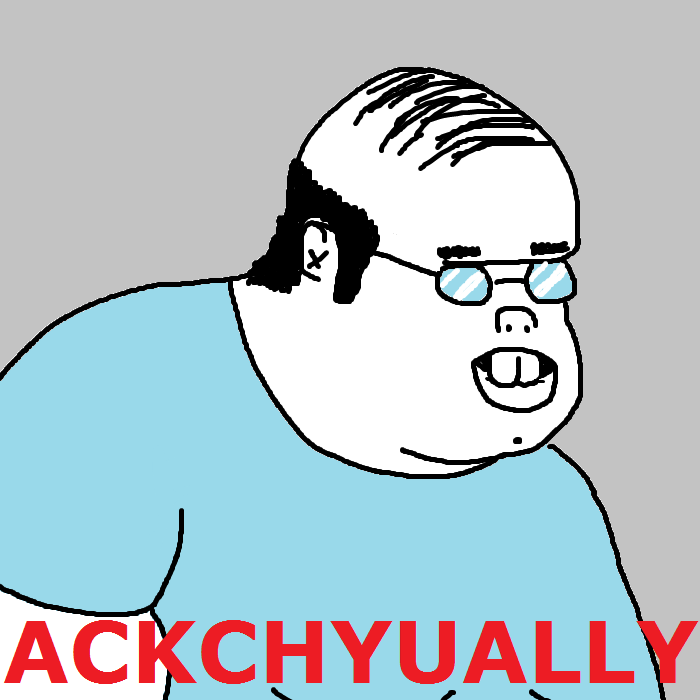
Your coffee’s flavour notes are determined by certain chemical substances that are locked into your coffee beans, get fermented, get transformed via roasting, get aged, and then get extracted. When you extract, you wash out the vast majority of soluble materials from your grounds, and that’s how you get your black-brown cup full of joy and happiness. Nonetheless, chemistry does not stop just because your coffee beans are packed in their shiny bags. Those compounds that you taste as flavour are a delicate symphony, a dance of everything you extracted from your beans and of the minerals inside your brewing water. Even a minor imbalance can lead to catastrophic consequences: a not so perfect sip of coffee.
There are two attributes of your water that need our attention:
Hardness
Simply put, the hardness of your brewing water is going to determine the flavour perception, and a too hard water will often make your coffee taste similar to being overextracted, even if your water is not too hot or if your grind size is not too fine. Too soft water, however, will make flavour perception very difficult if your flavour-giving molecules won’t be able to find their mineral buddies.
Buffer capacity
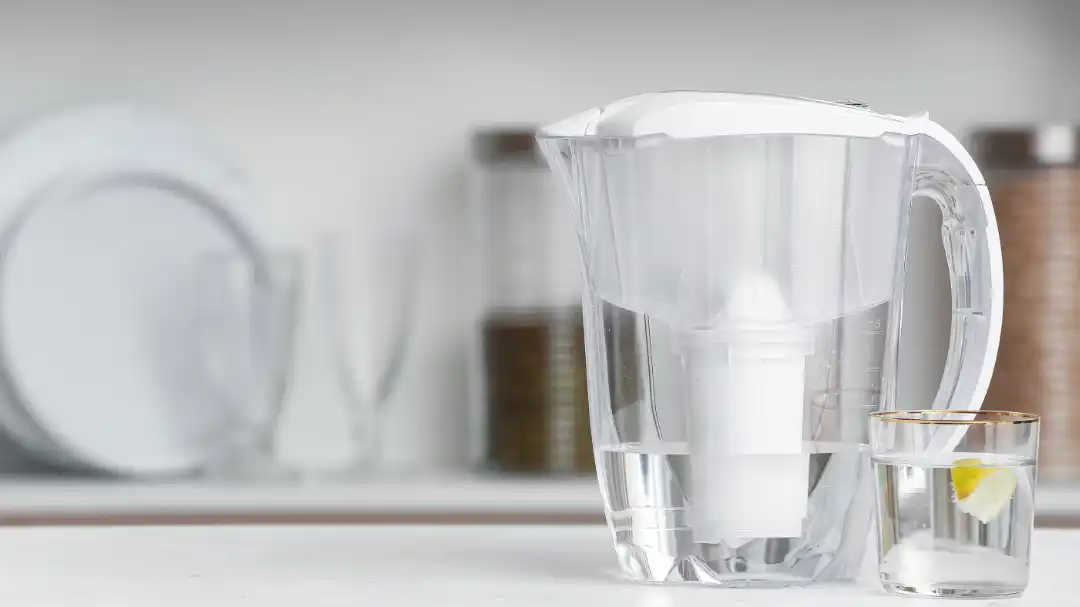
And here comes the other important factor: your water’s buffer capacity. Buffer capacity in this context simply means how much can your water balance the acidity of your coffee. As we all know, coffee is acidic, but not sour. And this subtle difference is crucial. If the buffer capacity is too low, then your acidic coffee will taste like a pickle juice, but if it’s too high, it will taste too unbalanced, artificial, rather blunt.
The perfect water is adjusted for your brewing method, and has its hardness in a range suitable for your coffee’s flavour perception, while has its bicarbonate level in a range that makes your acidity pleasant. Meanwhile, a bad water will make your coffee feel simultaneously overextraxted and still unpleasantly sour. Now it’s your turn! Do you want a pleasant heavenly cup or you want to settle for an earthy pickle juice?
Will I notice the difference?
Short answer: yes, long answer: absolutely yes. Coffee without good water is incomplete, its potential is wasted, and it’s still the lowest of expense of your caffeinated hobby anyway.
Do I even need a custom water?
The answer is tricky, because one water will not be suitable for all types of coffee and all types of preparation methods. Even if you are lucky enough to live in an area with very soft water, that would be kinda good for filter, but then it would be still terrible for espresso. On the top of that, the chance that you find soft water with relatively high buffer capacity for specialty espresso is close to zero.
So what water is good then?
Nowadays, there are many options on the market that allow us to choose some solutions for our needs. You can buy some filtration systems, but their results will always depend on the original water they will filter, and bottled water is not only inconvenient, ecologically sinful, but also lame.
The best way to choose a product for your coffee is to determine what beans you like and how will you prepare them.
Do you prefer pour overs?
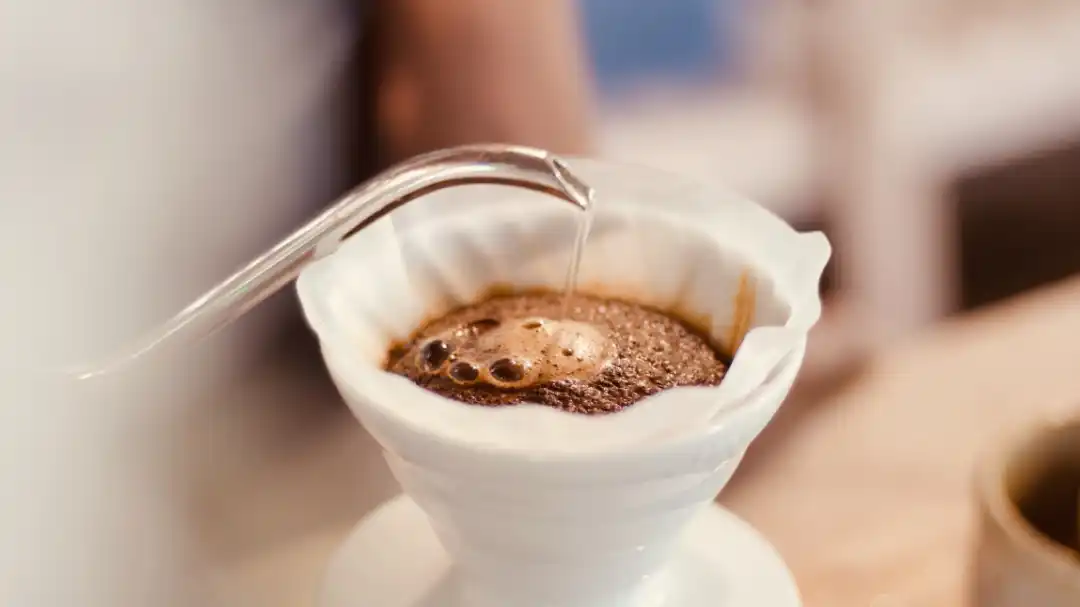
If you like some lighter roasts prepared with filter methods, like V60, AeroPress, Chemex or French press, then you will use a lot of water for your ground beans, which means that the chemicals of your coffee will react with all that volume. Therefore, you will need a very soft water, which has its buffer capacity in the range, where all the aforementioned methods can yield pleasant results.
Are you more of a traditionalist?
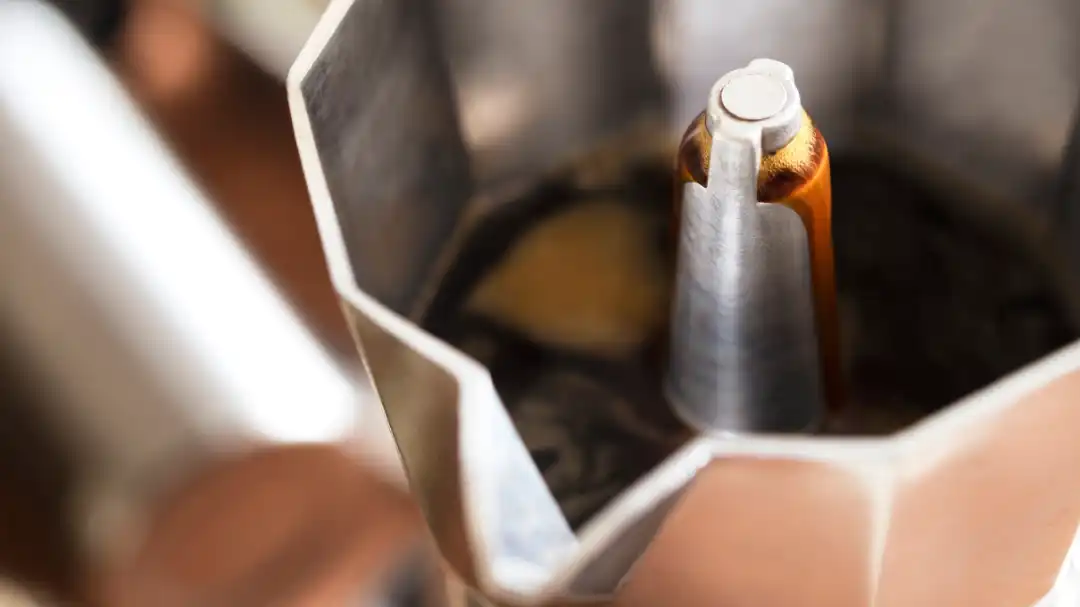
If you like some classic darker roasts prepared with the standard methods, like espresso or moka, then you will need a completely different water, since you will use only a fraction of the water you’d use for filter, but also your coffee will be roasted darker and will be less acidic on default.
Rather fan of the modern espressos?
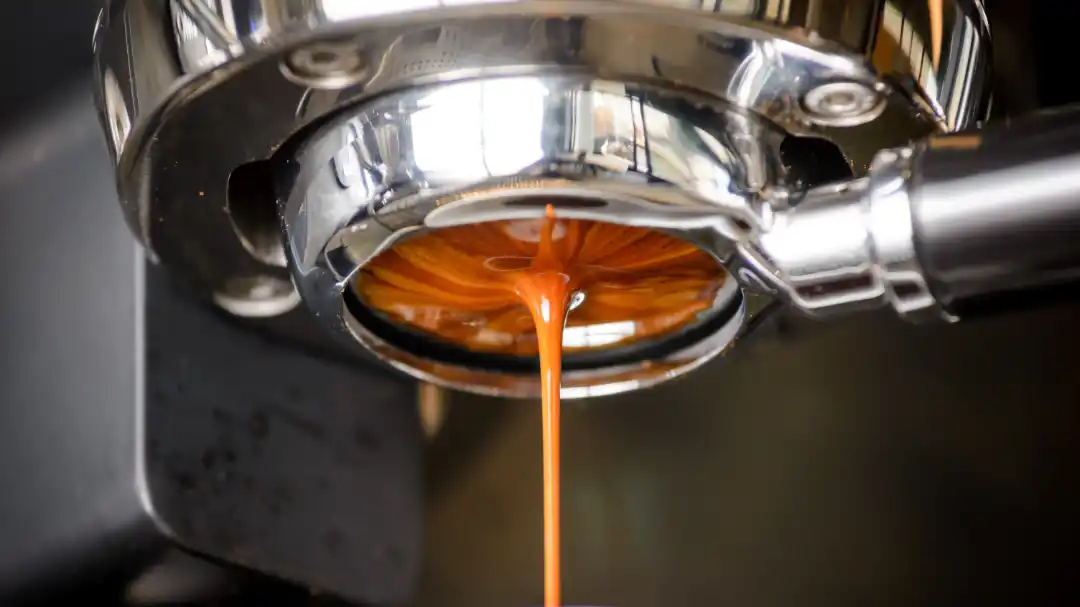
And last, but not least the rabbit holest of rabbit holes: specialty espresso. This drink is not an easy feat to achieve even in cafe conditions, even by experienced baristas, but in home environment it will be on the verge of hopelessness. Not only you will need to buy pricey equipment and learn variables you didn’t even know they existed before. On top of all, it’s gonna be already a race to dial it in before you finish your bag, but if your water’s hardness and buffer capacity won’t be in the specialty espresso’s capricious range, your drink will never come out balanced, and you’ll always have to pick a side between astringency and sourness.
Wait a minute, what about tea?
The reason we decided to offer water for tea is because tea is more complex than coffee. With coffee, you mostly play with two variables: hardness and buffer capacity, but in case of the tea, your water not only needs to have those stats as well, but it also has to taste like it just came out of a mountain stream near a backyard of an Oriental hermit’s cottage. Moreover, not only it has to balance the tea’s taste out, but it also has to complete it.

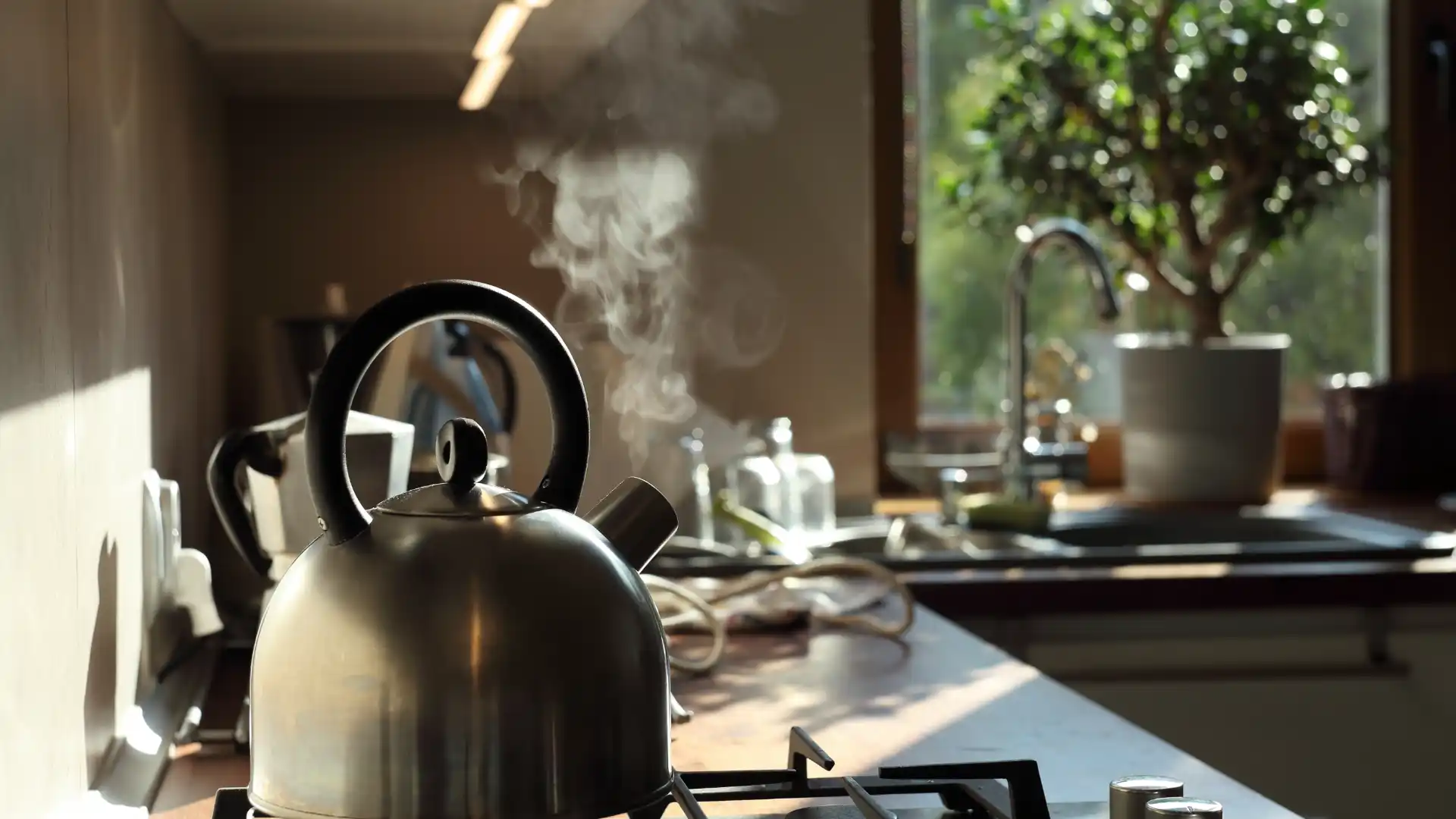
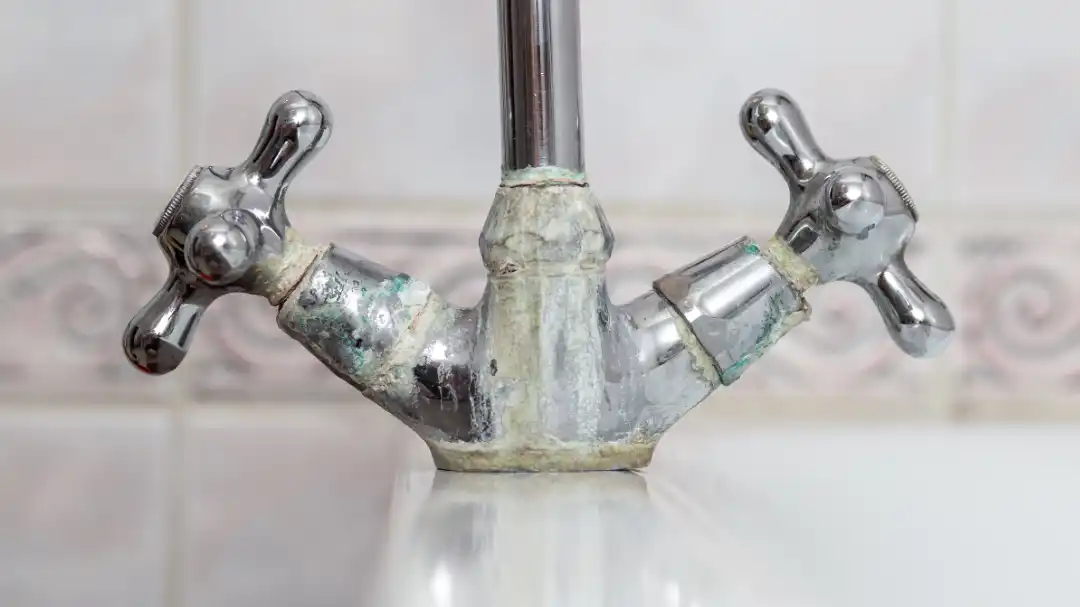
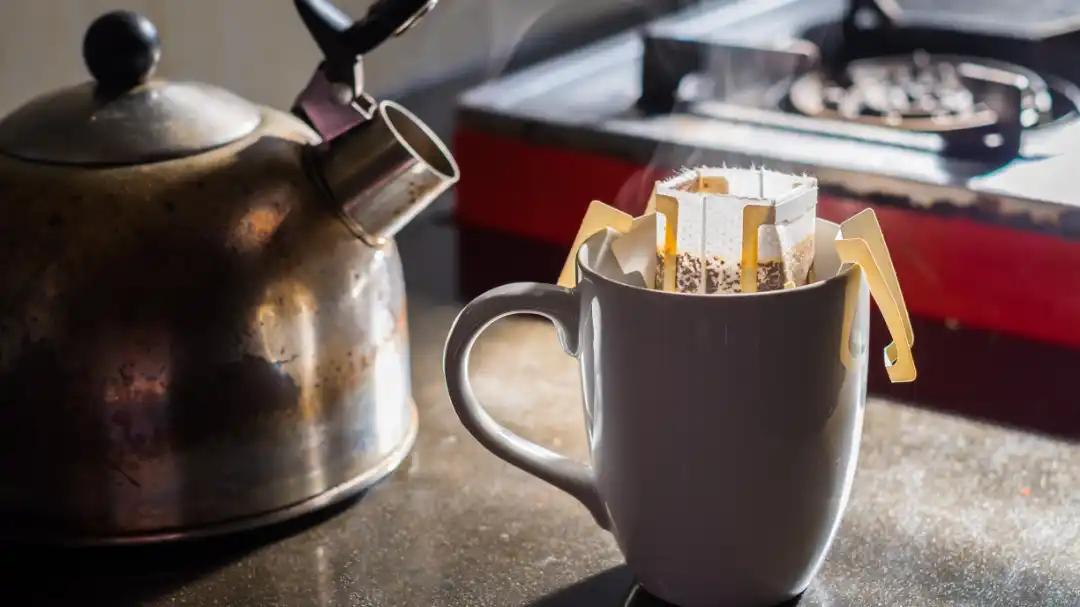
Leave A Comment